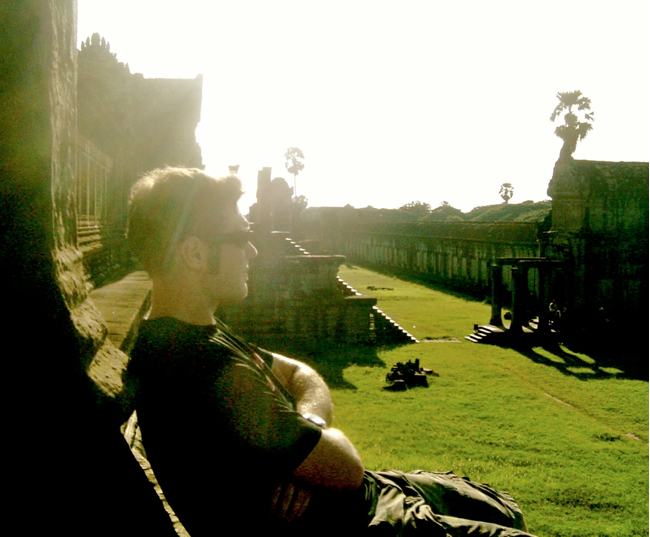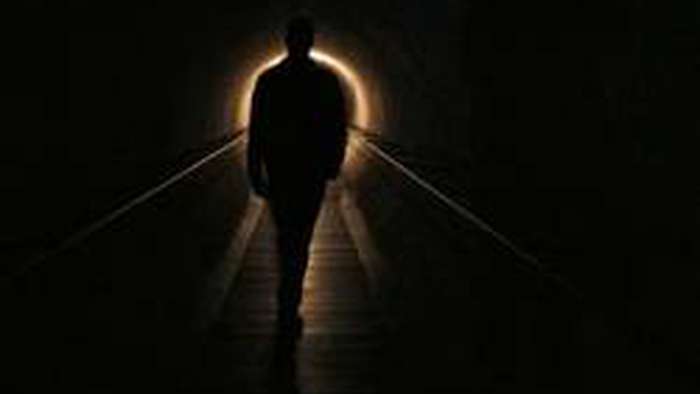CURE MY HEART FROM BEATING.
(...)
every time I close my eyes I pray for your demise
(...)
Did you know that in Beijing, where in 2009 the fragrance of cooking oil and wood-fired kitchens had been supplanted by a less identifiable photochemical smell and smog, the approaching bullet train sings a song? It sings a four-note, metal-on-metal dirge. Low-high-lower-low: “I will never forget.”
In this pork-loving patriarchal world where guanxi rules supreme, I am listening to the train’s song of abandonment.
Like the Forbidden City in China: Behind high-rise vermillion walls with a yellow tinge of pollution on the horizon, the Forbidden City presents an enclosed world of trembling concubines, willful emperors, and wily eunuchs divorced from the realities of the outside world. A lesson in power capped with glazed yellow roofs and writhing dragons. Across the road, Tiananmen Square, framed by Soviet brutalist buildings guarded by boyish paramilitary. No vestige of criticism on the surface.

Suddenly you are right here with me. It has become too easy to conjure you, much easier than to keep you at bay. Around my utilitarian hovel I used to keep small things of yours tucked away in secret places. A stretched out hidden constellation of you. There is no thought I have, no interest I have, very few memories I have now that you are not part of. By some tacit dispensation your memory has made it over the years from where people parlay in Rhine Franconian to the Eastern Seaboard via Terra Australis to the eastward four-fifths of Eurasia. To write of you is to conjure up my loss. A loss that undoes me. Indelibly etched into every faced of my life. Avoidance does not overcome the fact that I still enjoy basking in the light emitted from a long dead star, whose beam still reaches me. The fallacy that it still warms and nourishes. To conjure you means breaking the spell. To realize that it always has been cold and dark at the very source. Once you entrap something in words, you contain it. Despite the best of intentions, you create a poor copy, which then tends to become all there is. Draining a vast pool of memories and freezing the remaining drops in time. Loss is nothing else but change and change is nature’s delight. Heraclitus never stepped in the same river twice. Omnia mutantur, nihil interit. Nothing inherently bad in the process, nothing inherently good in the result. Learning from loss is key, overcoming what dies on the inside. The ceaseless passage of time keeping eternity forever young. The Buddhist doctrine of impermanence. Learning that the holes are no vacuums: “…and in the end of all our exploring, we will be able to arrive where we started and know the place for the first time.”








